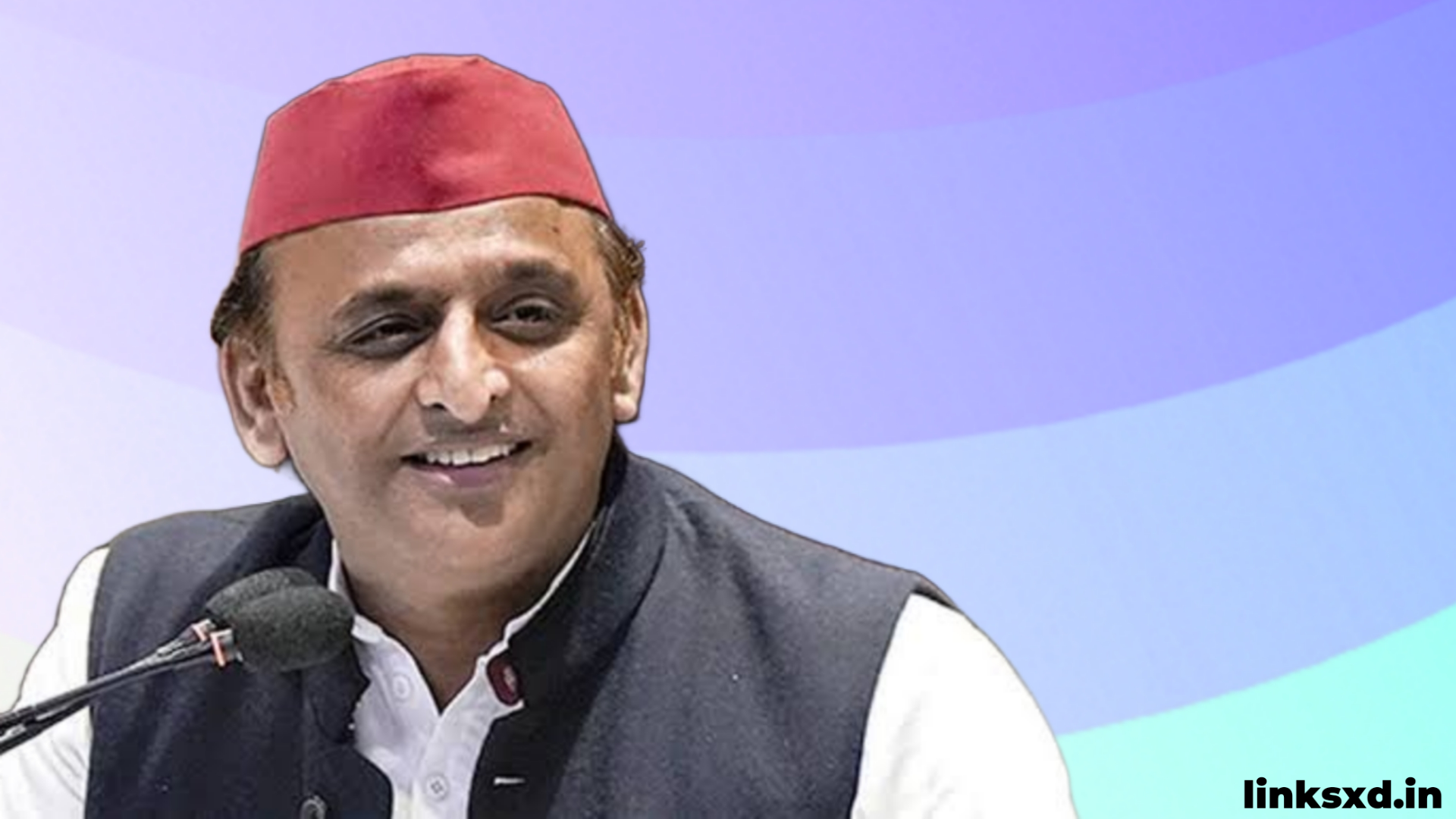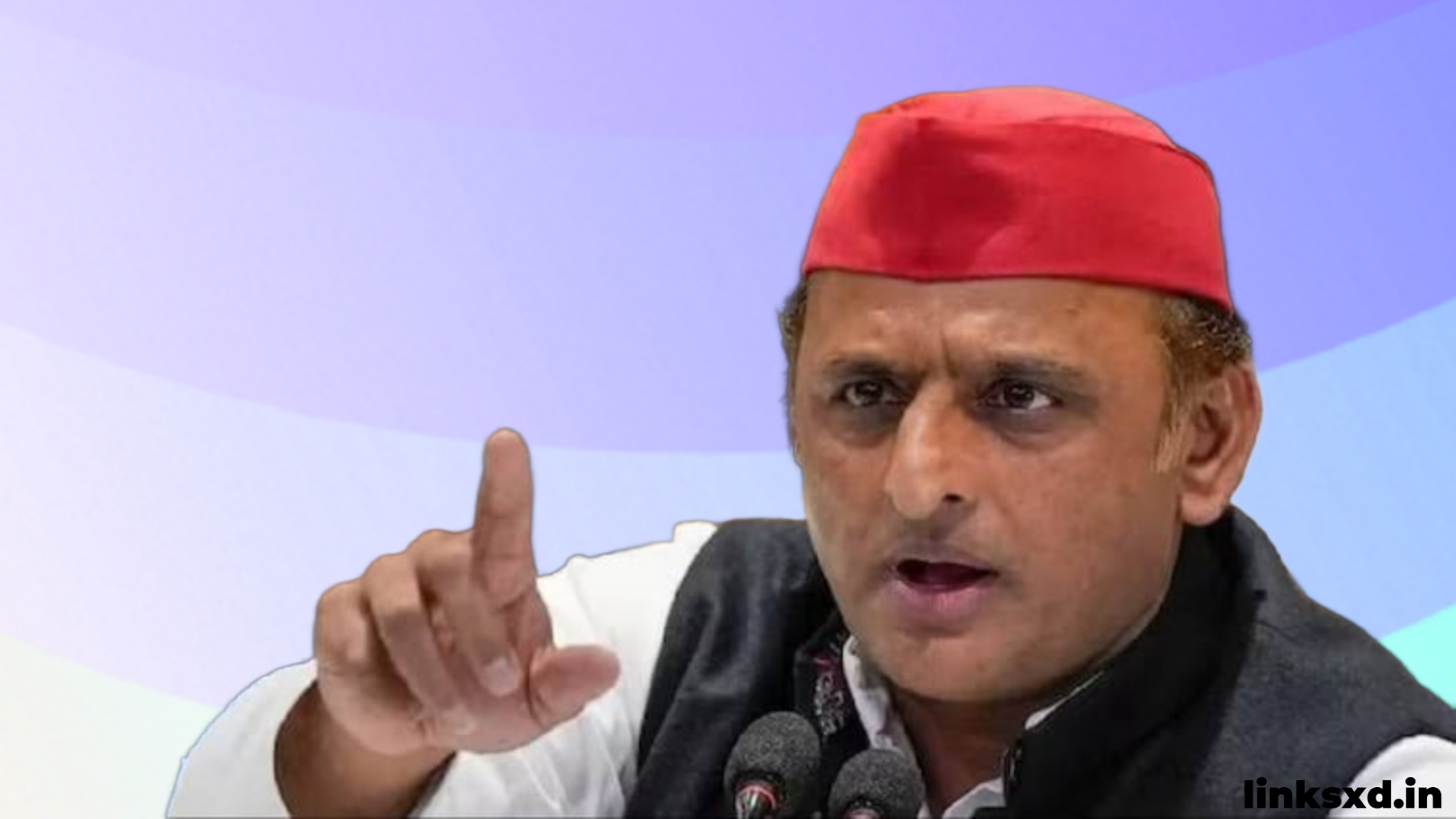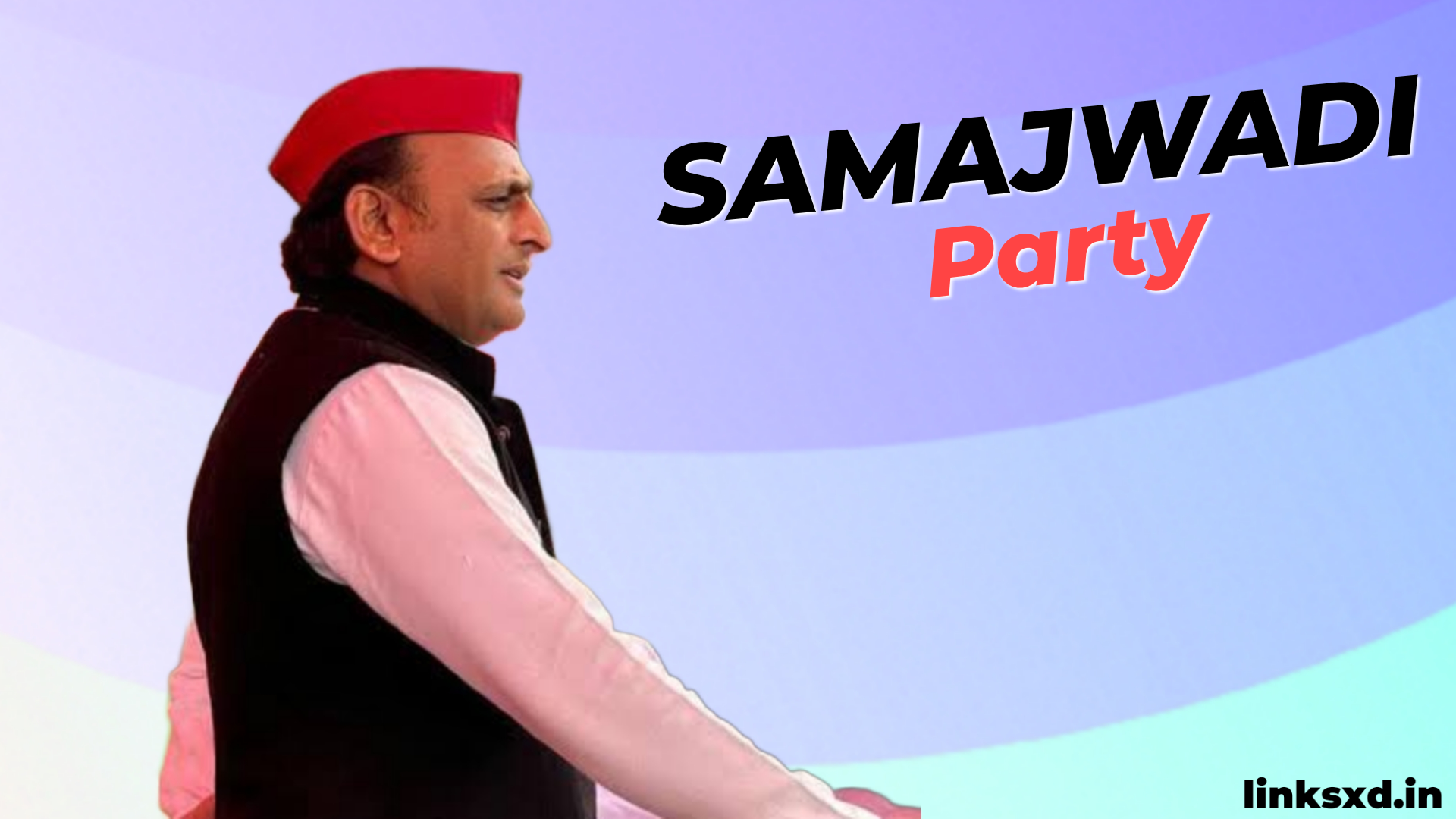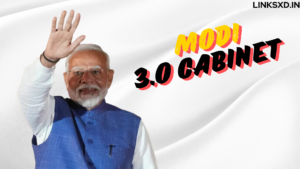Samajwadi Party
The Samajwadi Party is one of India’s leading regional political parties and an advocate of secular democracy that espouses socialism over communalism.
At the 2017 state elections, Akhilesh Yadav ran on a platform of expanding his party’s base beyond Muslim and Yadav voters, offering up a caste census plank in order to attract non-Yadav OBCs and Dalits as voters.
Samajwadi Party | Secular and Democratic
With its secular and democratic ideology, Samajwadi Party strives to build a society based on equality. Their ongoing effort towards upholding weaker sections and opposing communal forces remains undisputable.
As well as maintaining its voter bases among Muslims and Yadavs, the party has also expanded to reach other marginalised communities including Dalits – helping it retain electoral dominance in Uttar Pradesh while the BJP struggles to hold onto both rural and urban constituencies.
The battle over this seat reflects a larger dynamic in India’s most populous state. Many political observers see a shifting social and cultural paradigm where secular-minded parties increasingly align themselves with Hindu positions.
At present, Congress’s claim of being an honest secularist is especially tenuous. Congress leaders have asserted that this byelection will mark an historic event and will signal its revival across Uttar Pradesh.
This assertion is difficult to take seriously given that the Congress is only contesting two out of 12 seats in these byelections and its attempts at coercion by promising ministerial positions have proven fruitless. Therefore, they may not enjoy the same advantage they did in previous byelections when Jagadambika Pal was an incumbent MLA.

Samajwadi Party | Socialist
The Party espouses a socialist ideology, drawing inspiration from Ram Manohar Lohi as its primary figurehead and ideological inspiration. Lohi was one of the central figures behind India’s independence movement, writing articles to awaken people and fighting capitalist-feudal tendencies in society. His integrity, selflessness and understanding of peoples needs has served as an inspiration to SP leaders and members.
Mulayam’s pro-farmer policies have won him widespread support from India’s farmers, while his party remains divided on issues related to economic development and religion in politics. Mulayam belongs to the National Democratic Alliance, an umbrella coalition made up of Congress as well as regional parties.
However, despite its success at state government levels, this party has struggled to gain any real traction at a national level. Instead of joining coalition governments directly, its strength has mostly remained limited to Uttar Pradesh; despite having 21 seats in Lok Sabha (lower house of national parliament), as its coalition support likely wouldn’t secure enough votes on its own to form government on its own; hence its preference of providing external support for ruling coalitions rather than joining them itself; instead opting instead to back United Progressive Alliance coalition led by Indian National Congress which offered them cabinet ministry status in return for support; but this may change with time;
Samajwadi Party Against Communalism
Ruralism is another cornerstone of SP ideology, with this party proclaiming itself to be champions of small farmers but failing to implement major land reform measures that benefit them. By contrast, BJP has established an extensive welfare infrastructure in Uttar Pradesh which delivers benefits directly to poor residents – consolidating its caste and bania vote banks as they do so.
As it strives to become a regional party, the SP has failed to (a) take concerted steps to recast state politics and put state-specific issues front and center; (b) create an identity-rich political discourse which helps expand support across demographic boundaries; compared with such efforts made by rival parties such as DMK/AIADMK in Tamil Nadu, TDP in Andhra Pradesh, Asom Gana Parishad in Assam and Akali Dal in Punjab.
Finally, the SP’s predilection towards cleavage politics has led them to neglect the concerns of its traditional social base – comprising of 79 OBCs, eight MBCs and 70 MRBCs who do not belong to Yadav family fold – leading them to lose touch with them over time. If these concerns are not addressed soon after election wins are achieved they could prove disastrous to its electoral fortunes over time.

Samajwadi Party Economic Development
The SP has historically been one of India’s major regional parties, winning significant seats in both houses of Parliament (Lok Sabha) and three times forming state governments in Uttar Pradesh.
This party draws its inspiration from Indian socialist movements of the early twentieth century. Mulayam Singh Yadav envisioned an egalitarian socialism.
However, over time the party has devolved into a family holding associated with caste favoritism and cronyism. Prime Minister Narendra Modi, Union Home Minister Amit Shah and Chief Minister Yogi Adityanath have spearheaded an anti-dynasty politics initiative in Uttar Pradesh.
In this election, Akhilesh Yadav sought to distance the party from its legacy by positioning himself as an advocate of the poor. Additionally, the party looked to widen its vote base by appealing to non-Yadav Other Backward Classes, Dalits, and alpsankhyaks (minorities) within their electoral pool; Yadav coined PDA or pichada to encourage this coalition against Hindutva and Ram Mandir themes of BJP’s Hindutva platform.
The party has also made efforts to reach out to women voters and reduce climate change’s effects. California has led the way by supporting renewable energy technologies and offering lower-carbon cooking fuel options to farmers, among other initiatives.



